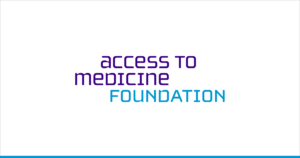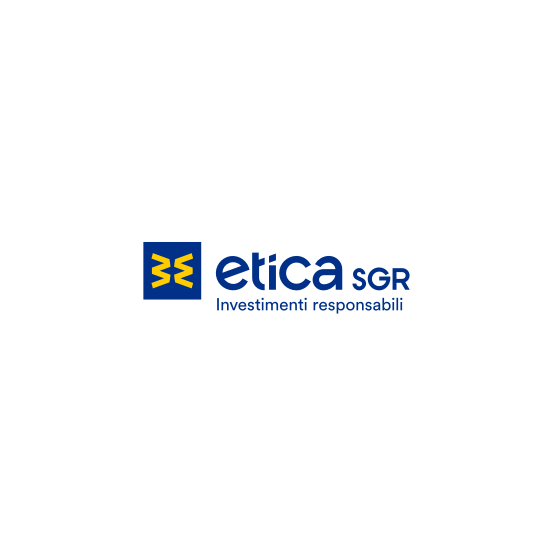Etica SGR has joined the Access to Medicine Index to recognise everyone’s universal right to access the best possible level of healthcare.
This right has not been guaranteed to date since two billion people in the world do not have access to the medicine they need. This includes millions of individuals in low- and middle-income countries who die every year because of diseases they cannot treat due of a lack of medicines, vaccines or diagnostic tests. This information comes from the Access To Medicine Index 2018, the report published every two years by the non-profit organisation, Access To Medicine Foundation (ATM).
Mobilisation of finance sector

Access to medicine is an economic issue and also depends on the strategies adopted by pharmaceutical companies when setting prices. The life or death of large sections of the population in various parts of the world depends on them. The way in which the issue is managed, therefore, has an impact on a company’s reputation, with obvious economic consequences and is becoming more and more of interest to investors. It can have a significant impact on companies and, as a result, on investors who hold these types of shares in their portfolio.
This is why Etica Sgr, together with approximately eighty other major investors, has signed the investor statement supporting the Access To Medicine Index. “As investors we want to make sure that the managers of companies in which we invest have taken into account the risks and opportunities associated with access to medicine and have implemented policies and processes to address these challenges.” These words are taken from the statement signed by the main institutional investors in favour of access to medicine.
In 2018, Etica Sgr supported the motions of shareholders of two American companies relating to risks associated with the price of medicines. Pharmaceutical companies have an important role to play in addressing the issue of access to medicine. With the support of the ATM Foundation, we intend to engage in dialogue with our portfolio companies on this subject.
Aldo Bonati, Corporate Engagement and Networks Manager of Etica Sgr
A statement for evaluating pharmaceutical sector operators
In the case of pharmaceutical companies, the issue of access to medicines, along with other ESG elements and financial issues, can be an important evaluation criterion.
The Access To Medicine Index highlights the best business practices and success stories in terms of access to medicine, highlighting areas where progress has been made and critical areas requiring action. The index also serves as a benchmark for companies, which can compare their own contributions and set themselves goals for improvement. In this regard, the Access to Medicine Index tool can be a useful, transparent and independent aid when weighing up companies for inclusion in investment portfolios.
Access to medicine in developing countries can have a potentially significant impact on trade for pharmaceutical companies. Indeed, pharmaceutical companies need to have good political and commercial relations with the countries into whose markets they wish to expand. In this respect, access to medicine is crucial. If handled well it can lead to great business opportunities, but if neglected, it can have serious consequences for the company.
Pharmaceutical companies’ risks and responsibilities
By virtue of their size, resources, and availability of medications, large drug companies play a key role in the Access to Medicine Index.
The pharmaceutical industry, in partnership with the global healthcare community, is able to meet global health priority specifications, developing innovative products, as necessary, expanding access to existing products and creating new partnerships to promote long-term and sustainable access to medicine.
Engagement Engagement Farmaci




